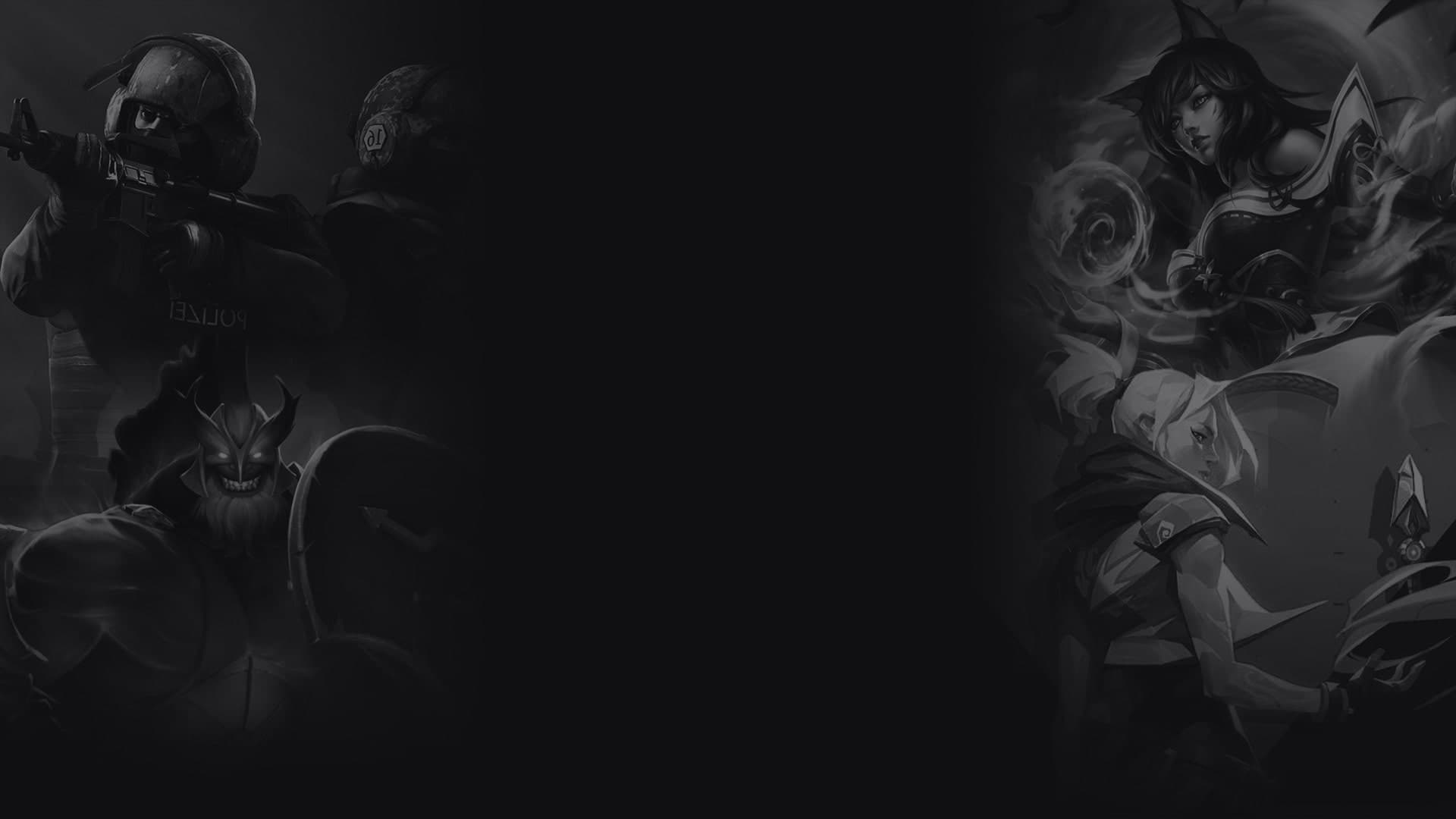Is Valorant's Vanguard better than the Valve anti-cheat?
Online gaming enthusiasts place their trust in anti-cheat systems to maintain a fair and enjoyable environment. However, a recent experiment conducted by YouTuber Lucas "Lukinhas" Gobi has stirred debates: the efficacy of both Valorant and CS2 anti-cheats. Lukinhas orchestrated an in-depth test by deliberately using illicit software in both games, aiming to discern which anti-cheat system proved more adept at preventing cheating.
Unmasking the experiment: A closer look at both Valorant and CS2 anti-cheats
Lukinhas initiated the analysis by acquiring one of the most popular paid cheating programs, powered by artificial intelligence. Playing non-ranked matches in both Valorant and CS2, he candidly admitted to using cheats, urging friends to report his account during the games. Despite these bold actions and opponents filing numerous complaints, Lukinhas experienced no immediate ban in either game.
After patiently waiting a day and re-entering the games, Lukinhas remained unscathed. However, he did receive a temporary suspension in CS2 due to the sheer volume of reports. Surprisingly, the CS2 anti-cheat system failed to detect the cheating software he employed.

Developer guidance and player expectations: Establishing the context
It is paramount to emphasize the developer recommendations for both Valorant and CS2, stressing that players should refrain from exploiting bugs or using external programs to gain a competitive advantage. The consequences for any form of cheating are explicit: account suspension or banning, reinforcing the commitment to fair play.

The video analysis: Lukinhas weighs in his experience in both Valorant and CS2
Throughout Lukinhas' video, he articulates his expectations of being banned mid-game, a scenario that did not unfold. Expressing curiosity about widely circulated claims suggesting Valorant's anti-cheat superiority over CS2, Lukinhas highlighted the use of the same cheating program in both games for a fair comparison. Dismissing the notion of employing a weaker cheat in CS2 and a stronger one in Valorant, he underscored the need for parity in the experiment.

The viewers' reactions
The viewers' responses to Lukinhas' anti-cheat experiment video encompassed a wide spectrum of perspectives. While some commended Lukinhas for shedding light on the nuances of cheating in Valorant and CS2, others engaged in spirited debates about the efficacy of anti-cheat systems.
Discussions ranged from technical solutions like spoofers to banter about game loyalty, with humor injected into the mix. The community explored the intricacies of cheating strategies, shared personal experiences, and critically reflected on the gaming landscape.
Opinions diverged on the ethics of cheating and the effectiveness of anti-cheat measures, culminating in a multifaceted portrayal of the community's thoughts. The dynamic dialogue illustrates the complexity and ongoing discourse surrounding the delicate balance between fair play, detection mechanisms, and the evolving nature of the gaming experience.
Conclusion: A verdict on anti-cheat systems
Lukinhas' video conclusion leaves viewers contemplating the effectiveness of both anti-cheat systems. He acknowledges the limitations of his experiment, noting that the absence of immediate bans does not necessarily indicate flawless anti-cheat protection. Lukinhas underscores the significant responsibility of game developers, armed with considerable resources, to continually improve and fortify their anti-cheat measures.
In the ongoing battle against cheaters within the gaming community, this experiment highlights the necessity for robust anti-cheat systems capable of swiftly identifying and eliminating illicit activities. As players await advancements in anti-cheat technology, it remains crucial for developers to stay ahead in the ongoing fight against gaming misconduct.
Feature image credits: Lukinhas
Read also:
Navigating the depths of CS2 largest update so far

